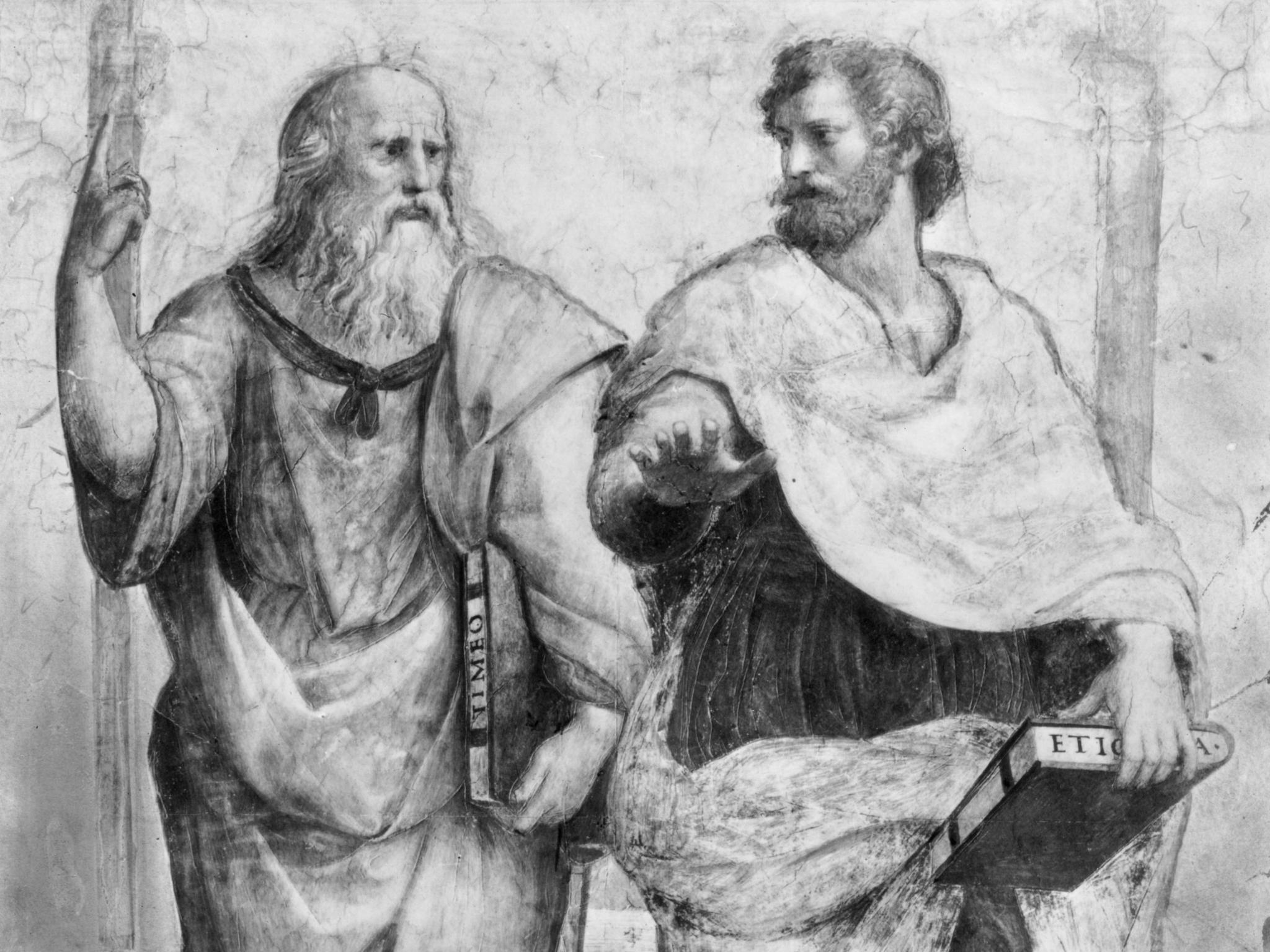'Tragedy, The Greeks, And Us' Examines How Classical Philosophers Saw Early Dramas
The Stone's Simon Critchley premises tragedy on action — as opposed to the generally more passive approach philosophy has a reputation for — and examines how Plato and others saw it as a threat.
by Nicholas Cannariato
Apr 18, 2019
4 minutes

Somewhere between Olympus and humanity there's tragedy.
It endures because it depicts mortals divided against themselves and others while fate looms, inexorable. We're drawn to the boldness of tragic figures, in all their human frailty, as they face down the infinite. They can't look away and, out in the dark, in the audience, neither can we. When it's human will against fate, we know which way it always breaks, though we can't help but admire the resolve.
In , Simon Critchley is particularly focused on what tragedy is — and how it existed in relation to the philosophy of classical antiquity.
You’re reading a preview, subscribe to read more.
Start your free 30 days



